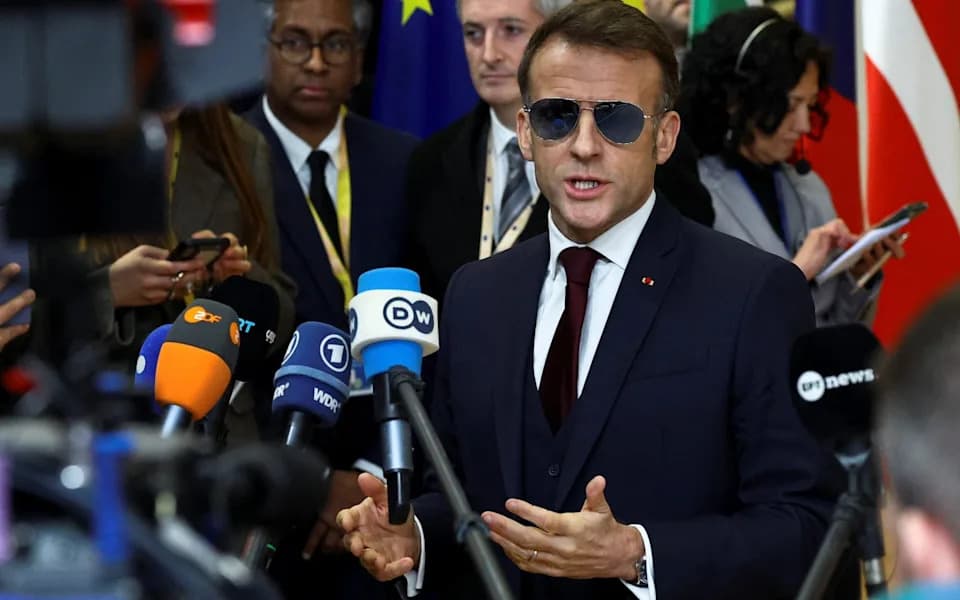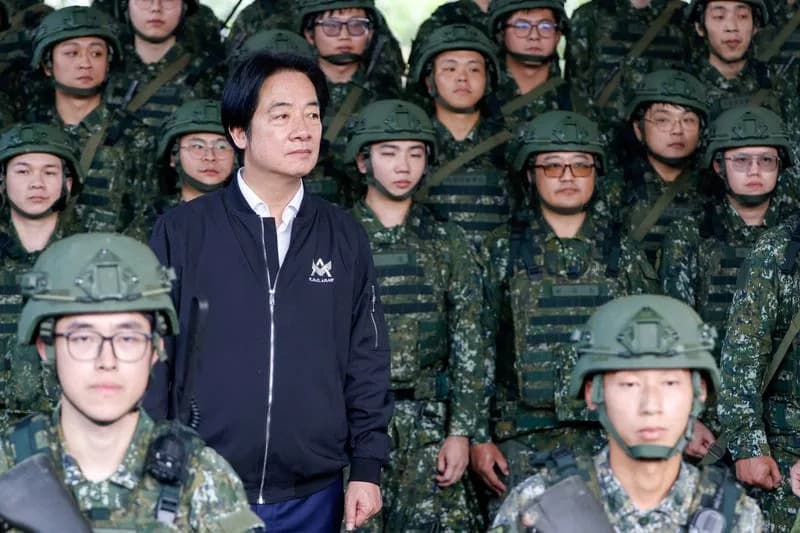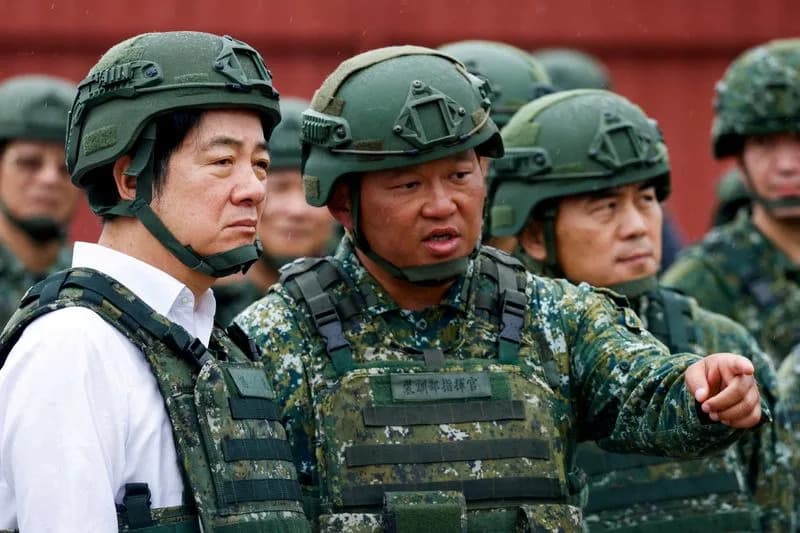Taiwan Vice President Bi‑Khim Hsiao used a rare Brussels appearance to urge the EU to strengthen security, trade and democratic ties amid rising pressure from China. She called for cooperation on trusted supply chains and AI, warned that threats to the Taiwan Strait imperil global stability, and highlighted cyber and infrastructure attacks as shared vulnerabilities. The low‑profile visit, organized by the Inter‑Parliamentary Alliance on China and attended by about 50 lawmakers, followed reports of previous plots to intimidate Hsiao.
Taiwan Vice President Urges EU to Bolster Security, Trade and Democratic Support in Rare Brussels Address

Taiwan’s Vice President Calls for Stronger EU-Taiwan Ties
BRUSSELS — In a rare appearance before international lawmakers in Brussels, Taiwan Vice President Bi‑Khim Hsiao urged the European Union to deepen security, trade and democratic cooperation with the self‑governing island as pressure from China intensifies.
Speaking at a China‑focused conference hosted in a small chamber of the European Parliament, Hsiao warned that "peace in the Taiwan Strait is essential to global stability and economic continuity," and emphatically called on democracies to oppose any unilateral attempts to change the status quo by force. Her remarks were met with a standing ovation.
"In an era marked by increasing fragmentation, volatility and rising authoritarianism, this gathering affirms something vital — that democracies, even when far apart, are not alone." — Vice President Bi‑Khim Hsiao
Although Hsiao did not address the full European Parliament — the EU does not maintain formal diplomatic relations with Taiwan and adheres broadly to a "One China" policy — her visit was widely expected to provoke criticism from Beijing.
Hsiao urged legislators, including representatives from Germany and Spain, to collaborate with Taiwan on trusted supply chains and artificial intelligence platforms, proposing a "reliable technology ecosystem rooted in trust, transparency and democratic values," similar to the existing cooperation on semiconductor trade.
She drew parallels between cyberattacks and damage to undersea internet cables experienced by Taiwan, and the hybrid threats European countries have faced since Russia’s invasion of Ukraine, highlighting shared vulnerabilities and the need for coordinated resilience.
The vice president also referenced recent Chinese actions — including stepped‑up military patrols, near‑daily drills around Taiwan and economic measures such as restrictions on critical exports — as reasons for the EU to strengthen ties with Taipei.
Last month, Taiwan’s President Lai Ching‑te announced plans to accelerate construction of an air defense system known as "T‑Dome" and to raise defense spending to 5% of GDP by 2030 amid growing security concerns.
Hsiao’s visit was organized by the Inter‑Parliamentary Alliance on China, a global network of lawmakers pushing for coordinated policies on China; roughly 50 legislators from about two dozen countries attended the Brussels event.
The trip was kept low‑profile because of security fears after reports that Chinese agents plotted to ram Hsiao’s car during a March 2024 visit to the Czech Republic, when she was vice president‑elect. Czech officials later said agents had followed and intended to intimidate her; Hsiao stated such "unlawful activities" would not silence her efforts to represent Taiwan internationally.
Outside commentators have urged closer EU‑Taiwan engagement. Ben Bland, director of the Asia‑Pacific program at Chatham House, wrote that deeper ties would help preserve Taiwan’s global connections and strengthen European resilience, noting that any conflict over Taiwan could have even larger economic consequences for Europe than Russia’s invasion of Ukraine because of Taiwan’s central role in semiconductor and electronics supply chains.
Background: China and Taiwan split after the Chinese Civil War of 1949, when the defeated Nationalist government retreated to Taiwan. Beijing regards Taiwan as part of its territory and has not renounced the use of force to achieve reunification, a stance that has driven heightened military activity and diplomatic pressure in recent years.
Help us improve.


































